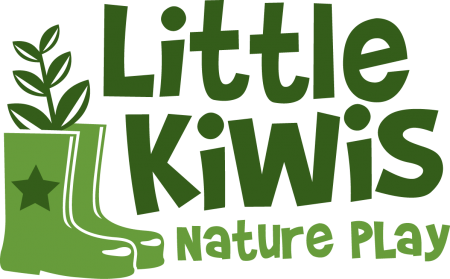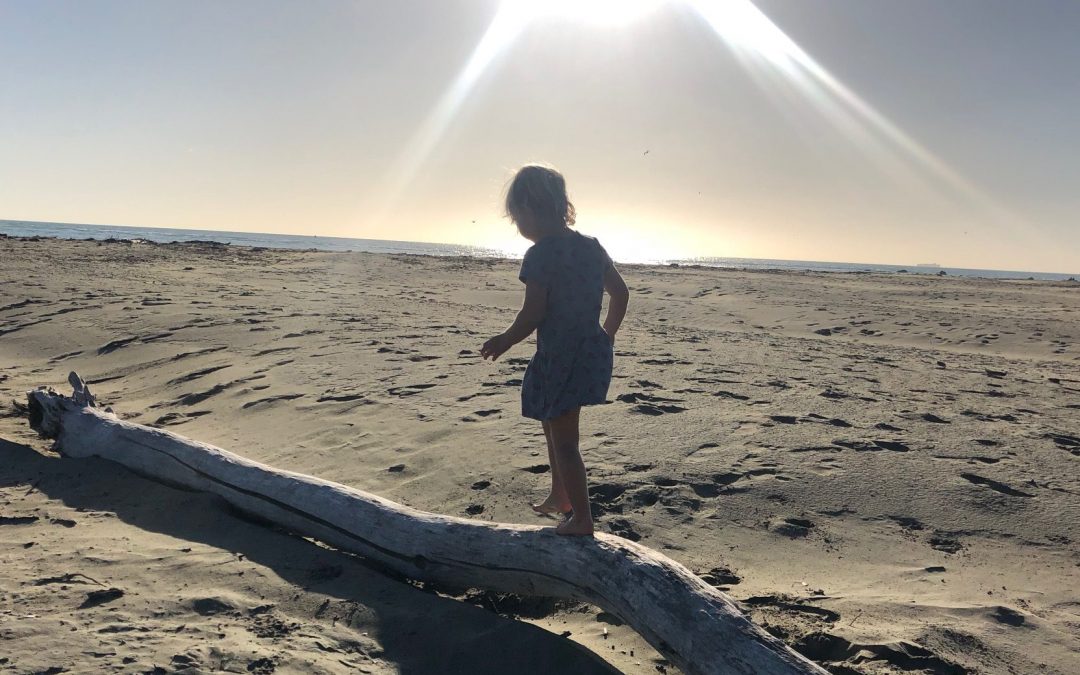The world is in a crisis. People are feeling overwhelmed and helpless, yet life carries on. Nature carries on.
We find ourselves in our new normal. Juggling working from home while caring for our children and worrying about our children’s future and the impact a crisis like this will have on them.
Should we be asking them to focus on thier school work or should we be letting them play? Is there something else that is just as important as academics that can help our children prepare for future challenges?
When I run workshops for teachers, I will often ask them what they want their children to leave school or early childhood with. They respond with things like self-confidence, empathy, resilience, creativity, self-belief, courage and more. What they don’t say is to be good at Maths or to be good at Science.
While subject areas definitely have their place, dispositions or key competencies are equally as important and can help children when faced with future challenges.
What are dispositions?
Dispositions are ‘a person’s inherent qualities of mind and character’ (1). In early childhood education they often talk about learning disposition which are a combination of children’s skills, knowledge and attitudes towards learning. Having positive dispositions help when dealing with every day situation and when in a crisis.
How do dispositions develop?
‘Children’s inborn dispositions vary and it is important to remember that adult-child interactions and relationships, and the experiences children are exposed to can have an impact on the development of positive learning dispositions’ (2).
Alongside positive relationships, providing lots of play opportunities for children not only helps them to develop their skills, knowledge and values but also dispositions that can help them navigate through challenging times.
Here are some examples of dispositions that can be developed through unstructured childled play in nature. These dispositions can build a foundation of experience that children can draw on in the future.
7 Dispositions Developed Through Nature Play
- Problem Solving. Playing outside presents itself with many problems to solve. For example, how can we get to the other side of the stream, how can I climb this tree, what can I use to gather all these acorns! When children are engaging in child led play outside their minds are free to creatively explore solutions to problems. Being able to offer solutions in a time of crisis can feel empowering and can build self confidence.
- Resilience. Everyone has the ability to deal with challenges. Being resilient is about being able to bounce back following challenging situations. For example, if children are presented with the challenge of climbing up a steep bank and their first attempt they can’t get up. They might watch other children to see how they do it, they might look for different things to hold onto, they might adjust their body position to try and problem solve how to get up or they might even identify that taking off their shoes and doing it barefooted would be helpful. Through this initial failure and perseverance they develop resilience. The more small challenging experiences they work through, the more they build up their resilience and are better able to cope when faced with bigger challenges later in life.
- Assessing and taking risks. We often talk about children learning how to assess risks around things like climbing trees. Engaging in risky play enables children to build a foundation of experience that can translate to other areas of their lives as they get older. Having the skills to be able to assess a situation, weight up the risks, problem solve and then make a plan is not just for climbing trees and other risky play activities. These skills help with everyday situations in life e.g. deciding to take a mortgage out, when going travelling overseas or during turbulent times.
- Communication. In child led outdoor play, children will naturally engage in conversation with others. By having these conversations they are learning what are acceptable ways of communicating with others and how to get their point across. Disagreements are part of communication. Adults often interfere during these disagreements and try and solve the problem for children. If adults do this, then they are taking away an opportunity for children to learn an aspect of communication that is essential in the real world. Leaving children to experience these conversations will help them to develop the skills to articulate what they are thinking and communicate it in a way that people understand. Communicating clearly during challenging times helps people to know what is expected and can make people feel safe. Please note that for younger children, some scaffolding can be helpful, especially if things start to get physical.
- Creativity. Nature provides lots of loose part resources. Loose parts are things that can be used in more than one way, which are different to many toys, which often have one use. A stick can be a wand, a mixer, a broom, an airplane or even a fishing rod. Being able to look at things from a different perspective and see all the possibilities is a wonderful skill to have when faced with challenging times.
- Cooperation. In nature play there are many opportunities for children to interact with each other. Through these interactions’ children might need to take turns e.g. sitting on a bouncing branch of a tree or they might need to come together to make a dam so they can cross the stream together. Cooperation also occurs when creating rules for the games they play and this transfers well into following instructions, negotiating and compromising later in life.
- Empathy. Play in nature allows children to engage with other children and other living things. Through this play, children learn to respect the environment, others and themselves and through respect, empathy can grow. Seeing things from someone else’s perspective is a wonderful trait to hold.
What can we do for our children right now?
Let them play. Let them play outside and provide them with resources that they can use in multiple ways, be creative with and that will challenge them. Even if you don’t have much outdoor space, get creative and ask your children what they need for their play.
Keep their days free from worry. We can do this by not spending the day on social media as our own worry will come through in our body language. If you need to stay updated with the current situation do it once they go to bed or swap out with someone else in your bubble if needed. Not talking about COVID19 infront of children will also help to keep things worry free. Use common sense here as depending on the age of your children will depend on what they know and what is helpful for them to know. Answer their questions age appropriately.
Simplicity. I know there are lots of activities online to do. You don’t need to do them all! In fact, sometimes they can create extra stress with some of the activities taking so long to set up for 5 minutes of magic, we have to ask was it worth it. Keep things simple and don’t overload your days with activities. If you still need help try and remember back to your own childhood or the stories your parents told you. While we can’t go out roaming, we can improvise in our backyard.
Connection. Make time to connect with your children. Have some rough and tumble. Play a game with them. Run around outside. Read a book. Whatever it is that your children enjoy doing with you, make some time each day to build those connections with your children. This is what they will remember.
Nature. Time in nature is great at calming our mind and it provides much of what we need. While we can’t get out and do what we use to do in nature, make sure you go for neighbourhood walks and get the fresh air that will help us all cope through this time.
While this can feel like a scary time, it can also be a time to reconnect to what is important in life. Take this opportunity to make it memorable and give your children the gift of play to help them build resilience.
We are all in the same boat. You’ve got this!
Celia Hogan
(2) https://ncca.ie/media/3193/dispositions-3-6.pdf

